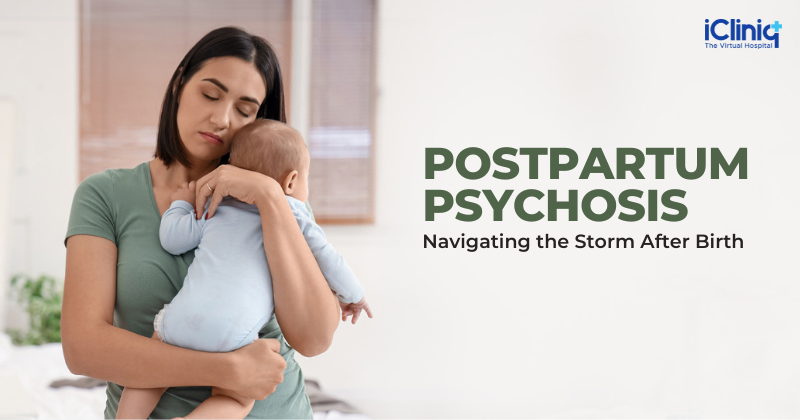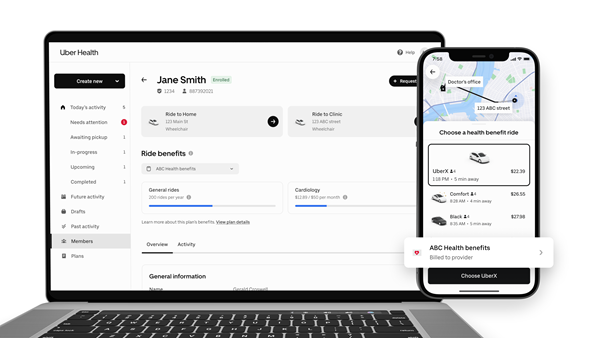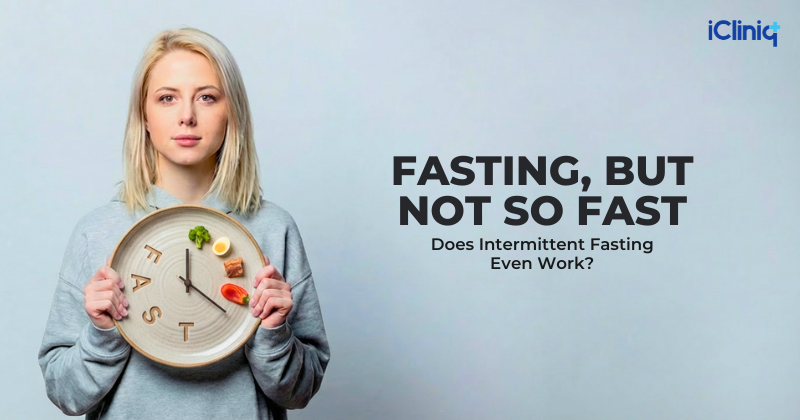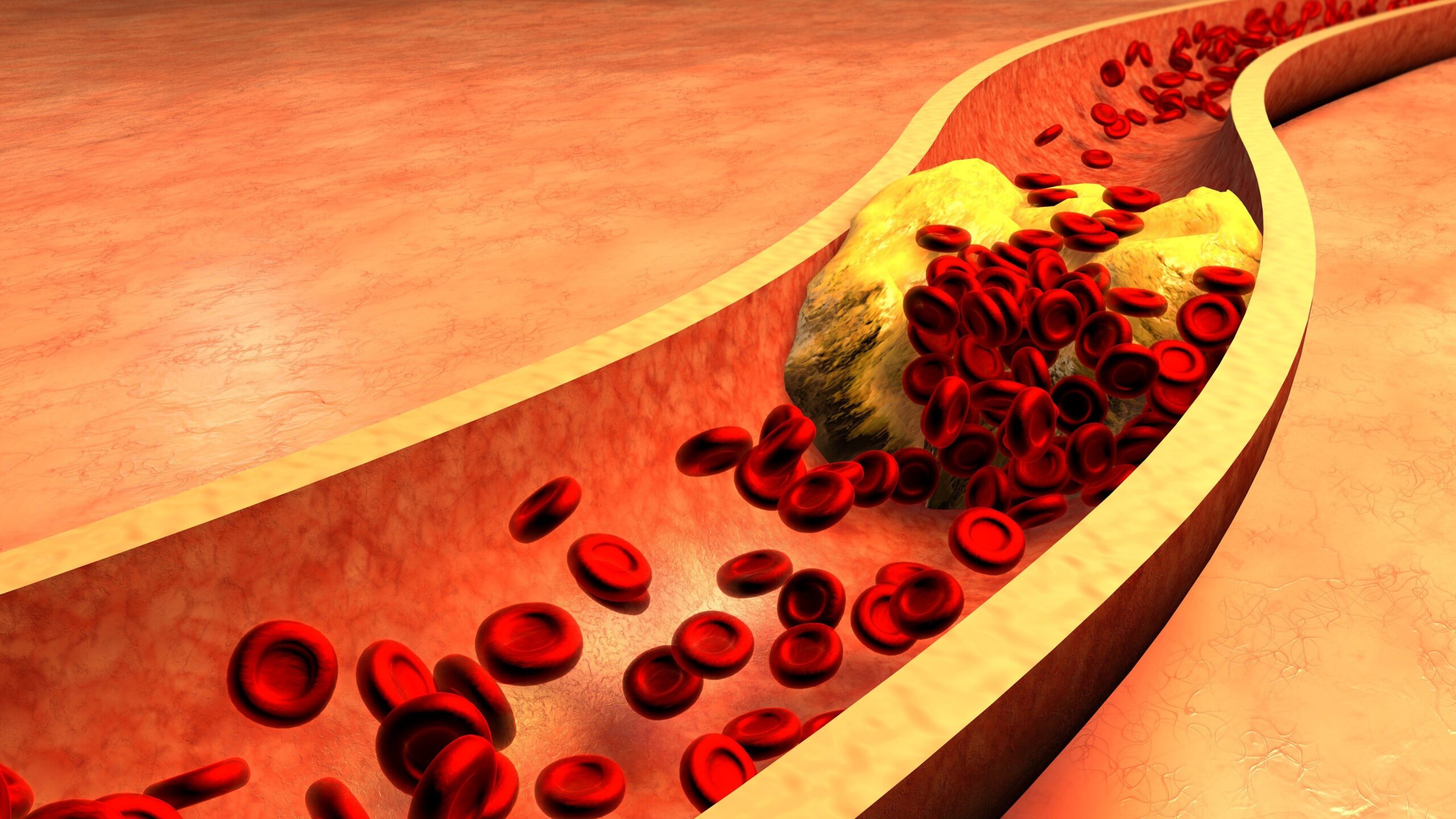It is an absolute joy to bring another life into this world. But for some mothers, this journey is not as smooth as expected. Yes, today we are going to discuss postpartum psychosis. However rare, this is quite a serious mental health problem that for sure requires attention and solution desperately.
1. When Joy Turns Into Fear
Let us first try to understand what it is. It is the darker phase of this joyful moment where the mother feels lost and scared, disconnecting herself from reality. With the newborn in her hands, her joy is overshadowed by fear. She is so confused, and everything around her feels unreal. Moreover, she sees and hears voices that are not real, becoming over-conscious about the baby who is absolutely safe. Postpartum psychosis is always sudden with no specific cause, requiring immediate medical care to protect both the mother as well as the baby.
2. The Heartbreaking Reality
It is not like baby blues or postpartum depression, and it affects not just the mind but also disconnects a person completely from reality. It is accompanied by symptoms like paranoia, extreme mood swings, and hallucinations that are unexplainable. The guilt of feeling not normal kills. But please know that this is not your fault; do not let this break you, and you are not alone in this.
3. Seeking Help: The Most Courageous Step
Do not feel defeated when seeking help; you are stronger than you think. Treatment for postpartum psychosis includes hospitalization, therapies, and medication. I understand this sounds too much to take, but this is the path towards healing. It is best to intervene as soon as possible as it helps the mother to regain connection and sense of self rather than let it progress.
4. Healing Together
The recovery is complete but it just takes time. It requires strong support and appropriate medical treatment can help healing. It is a tough road in which every tiny victory is towards a better tomorrow. You are still an amazing woman. This does not define you.
No mother should feel left aloof. Break the silence around postpartum psychosis. It is treatable, so no mother should feel ashamed or alone during this journey.
Publisher: Source link










